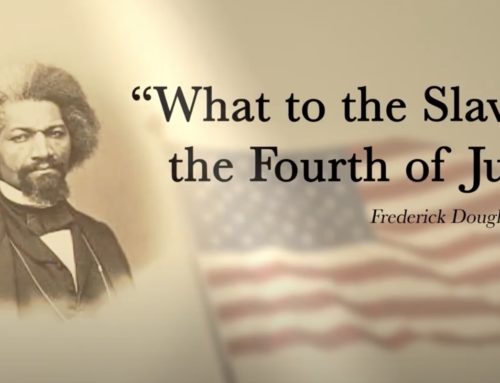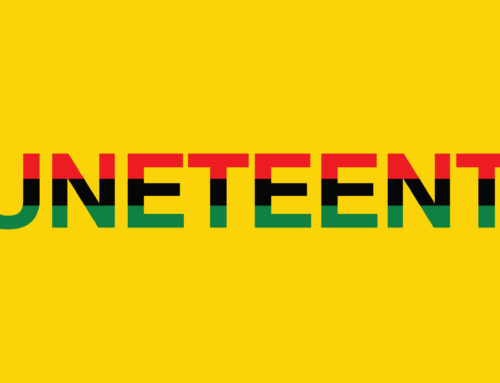It’s February. Black History Month. While many of us wonder why only one month out of the year (and the shortest one at that) is designated for paying national attention to African-American contributions to American history, let us put our cynicism aside, and embrace the many opportunities available this month to help our children learn about our history.
Our children are growing up in an era where our President is African-American and in many instances African-American culture is the dominant culture (e.g., hip hop). This “Tanning of America”, as supreme marketer Steve Stoute calls it, can lead some children to believe that it is no longer important to focus on race or understand our unique history in the United States. It is up to us as parents to disabuse them of this notion. We need them to understand that knowing the triumphs and the tragedies of our history and understanding the critical role that Black people played in the shaping of America is important, inspirational and essential. They may hear more about Black History in school in February, but they should hear about it from us all year round.
These paragraphs began a GCP February 2012 post, and the perspective bears repeating. Here are some ways to explore and share Black History with your sons (and daughters) this month:
Do You Know Your Black History?: Starting today, the Root is featuring a slideshow called “Do You Know Your Black History?”, found here, which showcases highlights from Harvard Professor Henry Louis Gates, Jr.’s weekly column, “100 Amazing Facts About the Negro”. Scroll through these slides with your children to discover the answers to questions such as “Who was the First Black American?”, “Which Slave Wrote His Way Out of Slavery?”, “How Many Slaves Landed in the U.S.”, and “What Happened to George Washington’s Runaway Slave Henry?”. Be sure to return to the Root each week for the latest fascinating fact from Professor Gates.
Gordon Parks Centennial: Although the centennial celebration of internationally renowned photographer, writer and filmmaker Gordon Parks officially occurred in 2012 (His birthday was November 30, 1912) centennial exhibitions of his work can still be viewed. If you are in or around New York City, check out the Gordon Parks: A Harlem Family exhibit at the Studio Museum in Harlem. Park’s black and white photographs of the Fontenelle family, whose lives Parks documented as part of a 1968 Life magazine photo essay on poverty, will be on exhibit until June 30, 2013. You can also head to the International Center of Photography in midtown Manhattan and see the public art installation “Gordon Parks 100 Years” in the windows of the museum. This large scale photo mural and slideshow of more than 50 of Parks’ photographs will be on display until May 5, 2013. Wherever you are, you can order “Collected Works: Gordon Parks” the pricey ($285 on Amazon) but worth it 5 volume set of Park’s works beautifully reproduced by renowned German art book publisher Steidl. If you are not inclined to purchase, ask your local library how soon they will have a copy.
Black History Month Bios: Bio., one of the A+E Digital Networks, is featuring their extensive collection of biographies of Black Americans on their website this month. Check out their main website here, and Bio.classroom here, and be prepared to spend a good bit of time exploring this site.
Time for Kids: Black History Month: Time Magazine for Kids has created a mini-site in honor of Black History Month. In of their features they ask several African American leaders to name the historical figure which most inspired them. You can find this and more here.
GCP readers, please send in any additional resources which you can recommend.
Celebrate Black History this month and every month!!





